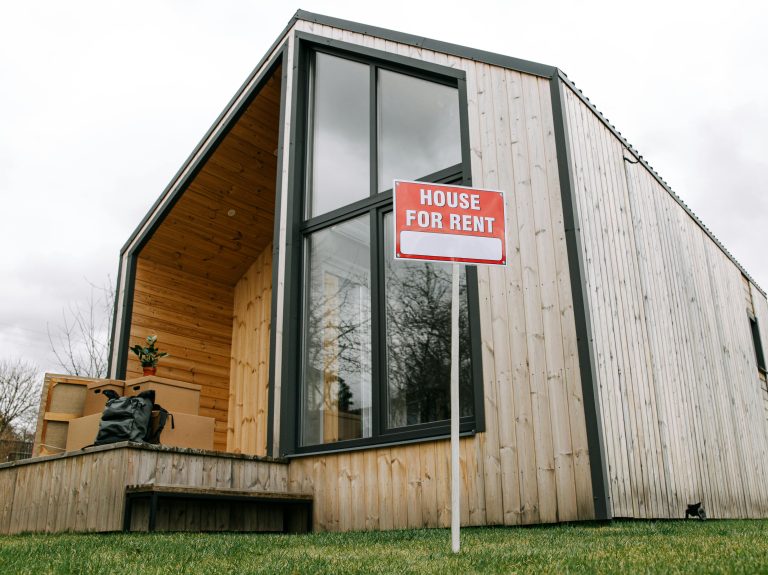Rental property management plays a crucial role in maintaining the value of investment properties while ensuring a positive experience for tenants. As the housing market evolves, property owners and managers face new challenges and opportunities that demand both adaptability and foresight. From maintaining properties to handling legal responsibilities, rental property management is a balance of operational skill, financial oversight, and human interaction.
Maintaining Properties to Preserve Value
One of the most important aspects of rental property management is ensuring that properties are well maintained. Regular inspections, prompt repairs, and proactive upkeep not only preserve the structural integrity of a building but also protect its long-term value. Preventive maintenance strategies, such as seasonal HVAC servicing or roof inspections, can help address small issues before they develop into costly problems.
Well-maintained properties also tend to attract and retain quality tenants, reducing turnover and vacancy rates. When tenants see that a property is cared for, they are more likely to treat it with respect, which creates a positive cycle for both the owner and the residents.
Overseeing Tenant Relations With Consistency
Managing tenant relationships is another central responsibility in rental property management. This involves more than just collecting rent—it requires clear communication, fairness, and timely responses to concerns. Establishing consistent policies helps create trust and reduces the potential for disputes.
Tenant satisfaction directly influences occupancy rates. Providing reliable contact channels and addressing maintenance requests promptly can significantly improve the overall rental experience. Positive tenant relations are also beneficial for long-term stability, as satisfied tenants are more likely to renew their leases.
Managing Financial Responsibilities Effectively
Rental property management includes the careful handling of financial matters, from setting rental rates to budgeting for maintenance and emergencies. Accurate recordkeeping is essential for tracking income and expenses, ensuring compliance with tax regulations, and planning for future investments.
Market research plays a role in determining competitive rental prices that balance profitability with market demand. Staying informed about local housing trends helps property managers make informed decisions that support both occupancy and profitability.
Property managers must operate within the framework of local, state, and federal laws. This includes adhering to fair housing regulations, managing security deposits according to legal guidelines, and following proper procedures for lease agreements and tenant notices.
Compliance is not only a legal necessity but also a safeguard against costly disputes. Maintaining a thorough understanding of the laws governing rental properties in a specific area is essential for avoiding potential legal challenges.
Incorporating Technology Into Property Operations
The growing use of technology has changed the landscape of rental property management. Digital platforms allow for online rent collection, virtual property tours, and streamlined maintenance tracking. Cloud-based systems enable managers to access property data from anywhere, making operations more efficient and responsive.
Firms like Bergan & Company have embraced remote-friendly tools to enhance the efficiency of their property oversight, reflecting the broader trend toward digital integration in the industry. These advancements not only improve communication between managers and tenants but also allow for better data tracking and decision-making.
Adapting to Evolving Market Conditions
The rental market is influenced by economic shifts, population trends, and changes in tenant expectations. For instance, more tenants now prioritize flexible lease terms, energy-efficient features, and convenient digital services. Property managers who can adapt to these preferences are better positioned to attract and retain tenants.
Staying informed about local market conditions also helps managers make strategic decisions about renovations, pricing adjustments, and marketing approaches. The ability to adapt quickly is becoming a key skill in modern rental property management.
Balancing Operational Efficiency With Human Connection
While technology and streamlined processes are important, the human element remains essential in rental property management. A balanced approach that combines operational efficiency with genuine tenant engagement fosters trust and long-term relationships. Managers who take the time to understand tenant needs and address concerns personally can build a reputation for reliability and care.
Ultimately, rental property management is about more than just overseeing buildings—it is about creating well-functioning living environments that benefit both tenants and property owners. As the market continues to shift, the most successful property managers will be those who can merge industry knowledge with adaptability, strong communication, and a commitment to quality service.









